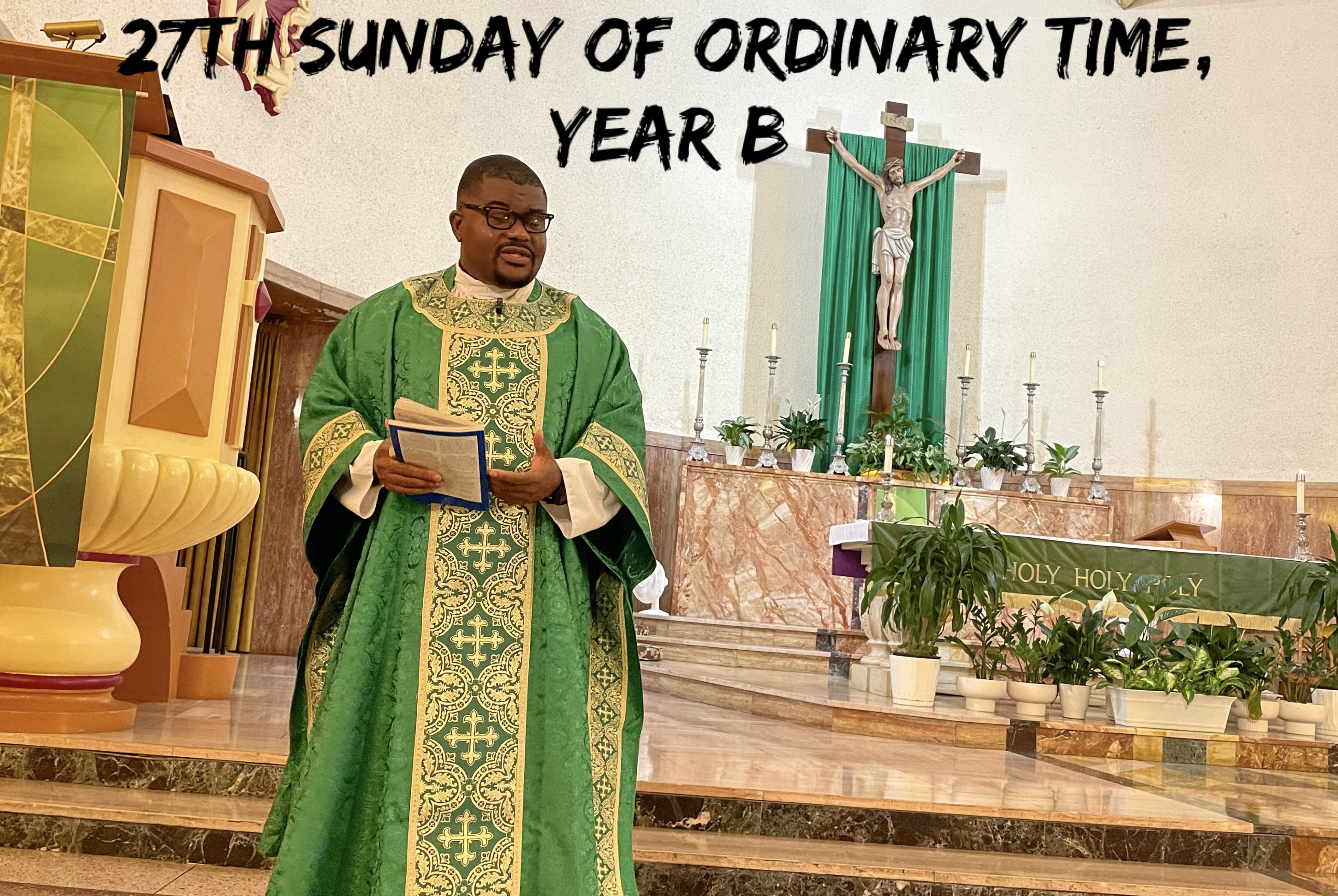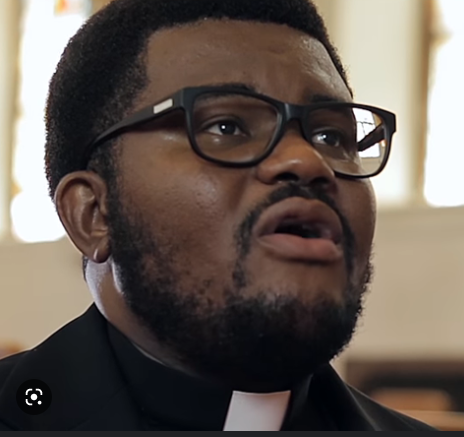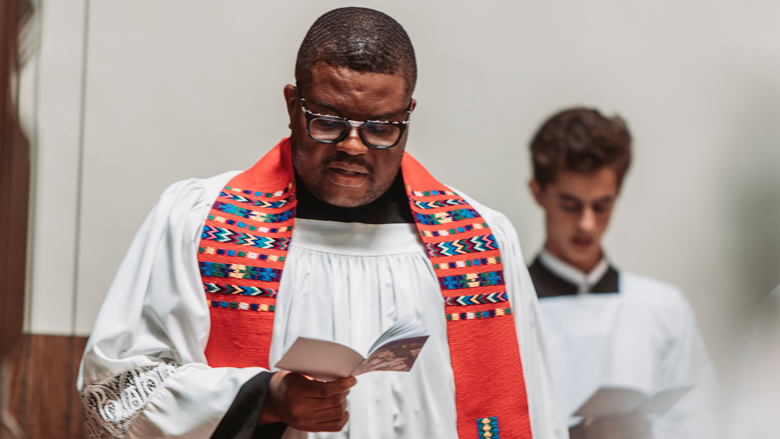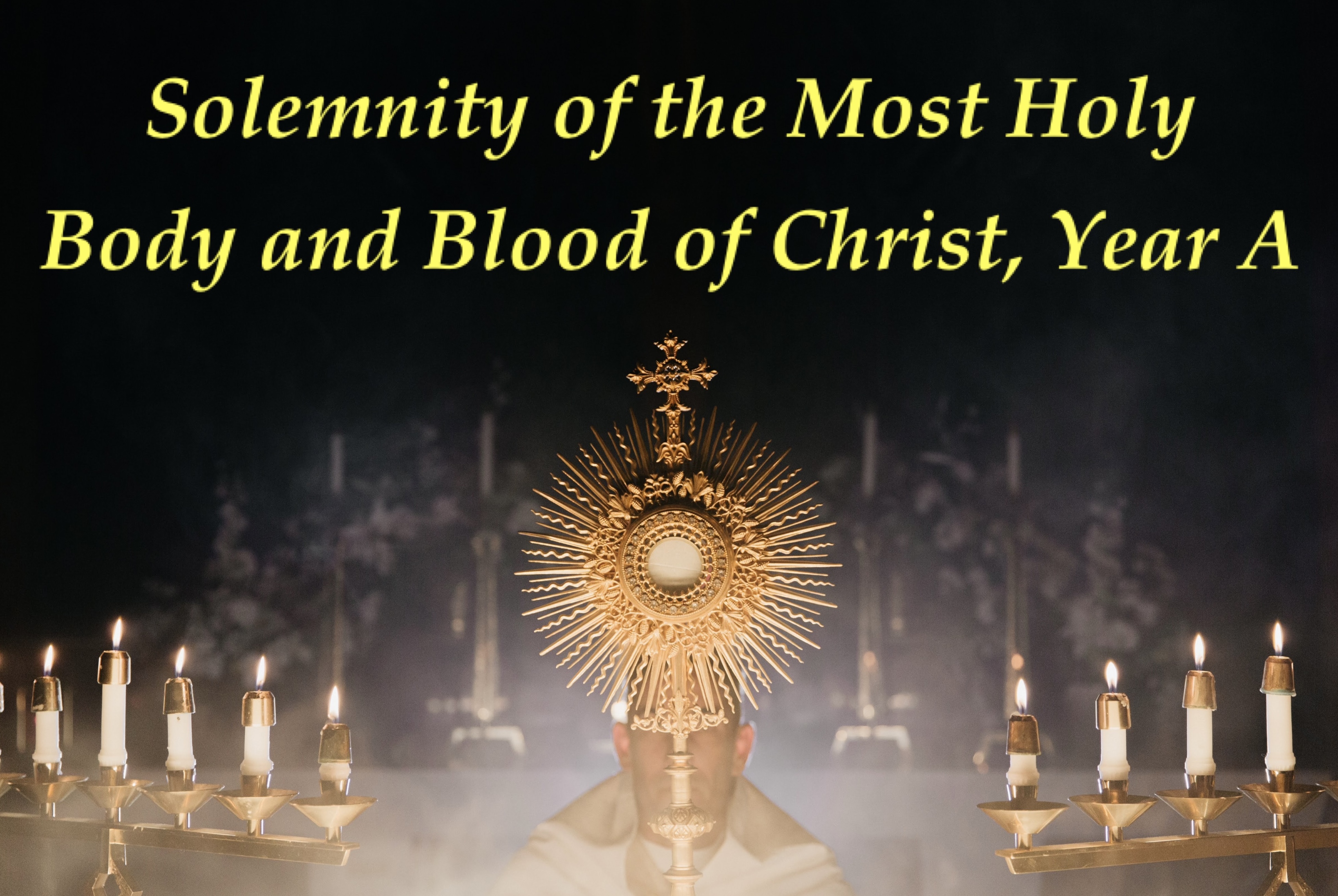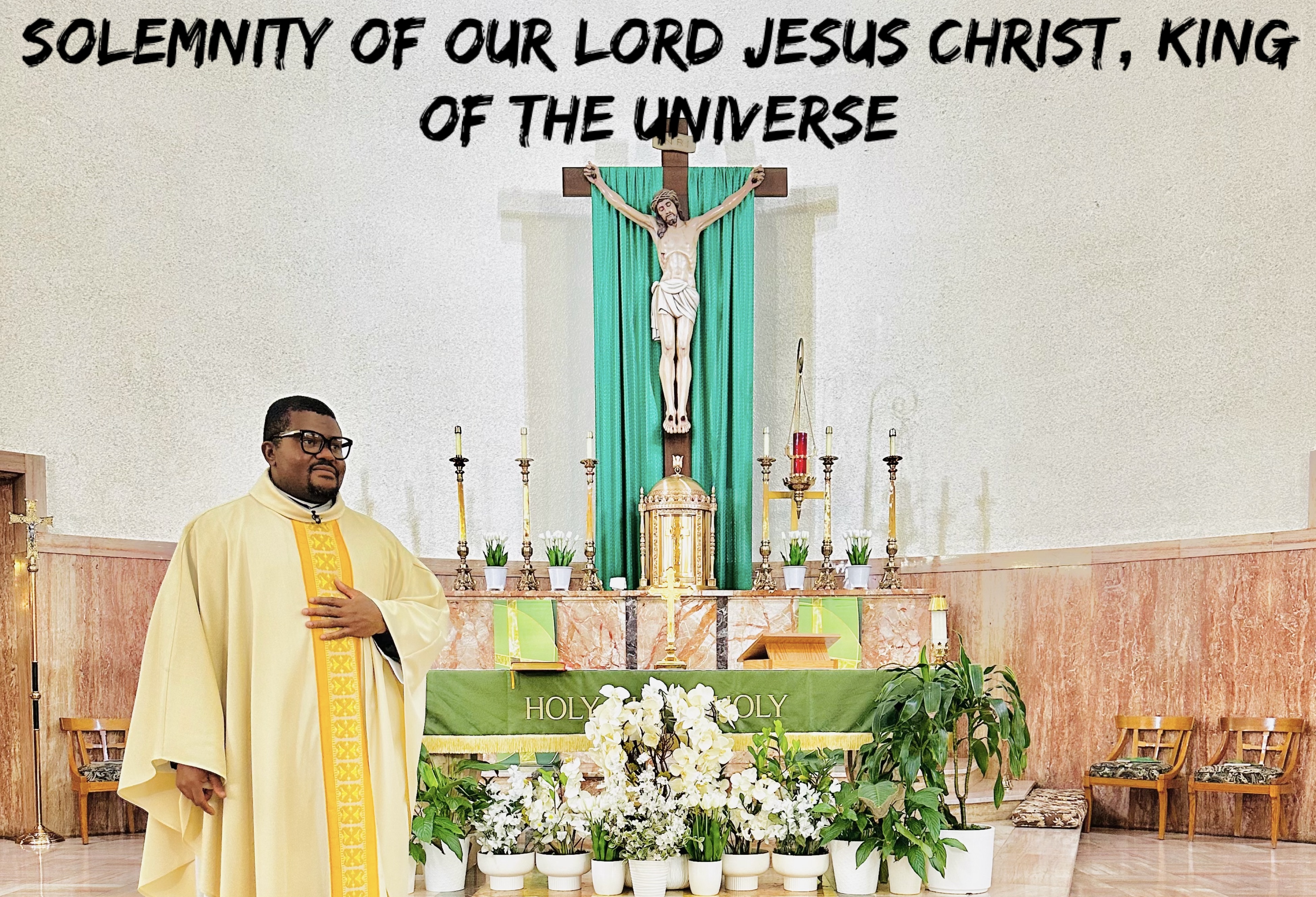27th Sunday of Ordinary Time, Year B
In today’s gospel reading, Jesus teaches about marriage and affirms the unity and indissolubility of marriage when approached by some Pharisees who wanted to test him to pass judgment on the Mosaic Law. Jesus goes on to quote from Genesis, part of today’s First Reading saying, “But from the beginning of creation, God made them male and female. For this reason a man shall leave his father and mother and be joined to his wife, and the two shall become one flesh. So they are no longer two but one flesh. Therefore what God has joined together, no human being must separate.”
The bond of marriage has been described in numerous ways, but one of the best descriptions given it, is that it is exemplifies the bond between Christ and his Mystical Body, the Church. So what is the Sacrament of Matrimony? According to the Catechism of the Catholic Church #1661, the Sacrament of Matrimony which signifies the union of Christ and the Church, is a sacrament that gives spouses the grace to love each other with the love with which Christ has loved his Church. The grace of the sacrament of Matrimony perfects the human love of the spouses, strengthens their indissoluble unity, and sanctifies them on the way to eternal life. The marriage covenant, by which a man and a woman form with each other an intimate communion of life and love, has been founded and endowed with its own special laws by the Creator. By its very nature it is ordered to the good of the couple, as well as to the generation (procreation) and education of children (#1660).
From the matrimonial covenant, we can infer that the dignity and stability of the sacrament of matrimony is of the greatest importance to the future of families, the future of children and the future of the society. This is true since the moral health of people is closely tied to the condition of the Sacrament of Matrimony. The Sacrament of Matrimony is also a way to holiness and a school of virtues because it is one of the Sacraments of Christian Service, which entails service to God, service to our spouses and to our children.
The Sacrament of Matrimony faces many ups and downs stemming from mistakes, misunderstandings, hard feelings, bitter conflicts , infidelities, hurt, deception, insincerity etc. But today, the greatest challenge faced by the Sacrament of Matrimony according to George Weigel, a Catholic author in his book titled, “Evangelical Catholicism” is a new form of Gnosticism in the 21st century. This new form of Gnosticism teaches and believes that: there is nothing given or certain in men and women, not even their gender; all is malleable or easily influenced; all can be changed to fulfill the desires (or as it is usually phrased, to meet the ‘needs’) of the imperial autonomous Self. Nor are there any givens or certainties in society. There is nothing given or certain about marriage, for example; ‘marriage’ can mean anything we want it to mean, and so, of course, can “family.” This is indeed a huge issue or problem in our world today!
We all know that it is a well known fact that we as human beings are frail and imperfect, but what exactly are we doing today as Catholic Christians to follow Jesus’s example in today’s gospel reading in teaching the importance of the Sacrament of Matrimony and in affirming its unity and indissolubility? What are you doing today to emphasize this vision of Christ that marriage is a sacrament and not a social and casual experiment for adventurous people?
My dear brothers and sisters in Christ, it is time to wake up and like Jesus, reemphasize the importance of the Sacrament of Matrimony in our lives as Catholic Christians because this sacrament reflects God's self-giving love in the love spouses have for each other; in the act of procreation and in the act of educating our children in the Catholic faith.

